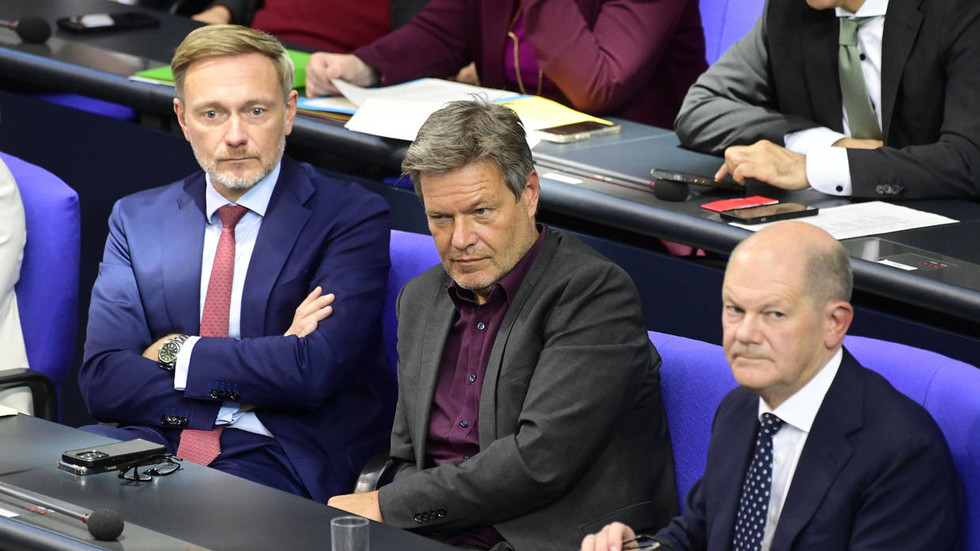Chancellor Olaf Scholz’s coalition government is facing significant internal strife stemming from disagreements over economic policy and the upcoming federal budget for 2025, according to state broadcaster Deutsche Welle (DW). As the deadline for passing the budget approaches, the coalition partners are reportedly grappling with profound discord, raising concerns about the coalition’s stability. The draft budget currently carries a multi-billion euro deficit, and the partners are struggling to find consensus on how to address this financial shortfall. With the Budget Committee scheduled to examine the final draft soon, time is of the essence for the coalition to reach an agreement.
Central to the tension is a policy paper authored by Finance Minister Christian Lindner of the Free Democratic Party (FDP), which advocates for significant tax relief for businesses while proposing cuts to climate protection initiatives and welfare spending. The radical shift in economic policy has prompted backlash from Scholz’s Social Democrats (SPD), who argue that the coalition should focus on collaborative action rather than policy documents. SPD representatives emphasize the urgent need to support the industry without allowing internal divisions to weaken the government’s effectiveness.
In contrast, Economy Minister Robert Habeck of the Green Party has introduced a competing proposal, advocating for a debt-financed “Germany Fund” aimed at stimulating investment and advancing Germany’s transition toward climate neutrality. However, this suggestion has been met with resistance from Lindner, who has expressed concerns over the sustainability of such spending. The ongoing debate reflects the different priorities among coalition partners, creating an environment of contention that threatens to derail cohesive economic policymaking.
Additionally, the political landscape is further complicated by the approaching parliamentary elections set for the following September. Each coalition party is focused on elevating its own popularity, often at the expense of mutual collaboration. This competitive dynamic was underscored by Scholz’s recent failure to include Habeck and Lindner in a meeting with industry leaders, leading Lindner to organize a separate gathering. Such incidents illustrate the fractious nature of the coalition, with each party prioritizing its individual interests in an increasingly polarized atmosphere.
DW has reported that the coalition’s popularity has plummeted to alarming lows, with bleak forecasts for the three parties involved. Speculation has arisen regarding the FDP’s potential exit from the coalition, which would leave Scholz governing with a minority of just the Greens. This situation would necessitate continuous negotiations to secure parliamentary support for government initiatives, further complicating an already precarious scenario. The infighting underlines the challenges that the coalition faces in maintaining unity and efficacy as it moves toward the next electoral cycle.
Despite the turmoil, Chancellor Scholz has attempted to downplay the rifts within his cabinet, asserting that the government remains committed to its responsibilities. He emphasized a pragmatic approach over ideological disputes and assured the public that progress would be made in resolving the coalition’s differences. In a bid to restore harmony, coalition partners are scheduled to meet in the coming week to discuss their divergent perspectives and work toward a cohesive strategy. Whether these efforts will succeed in stabilizing the coalition remains to be seen, as the shadow of impending elections looms over their legislative agenda.

